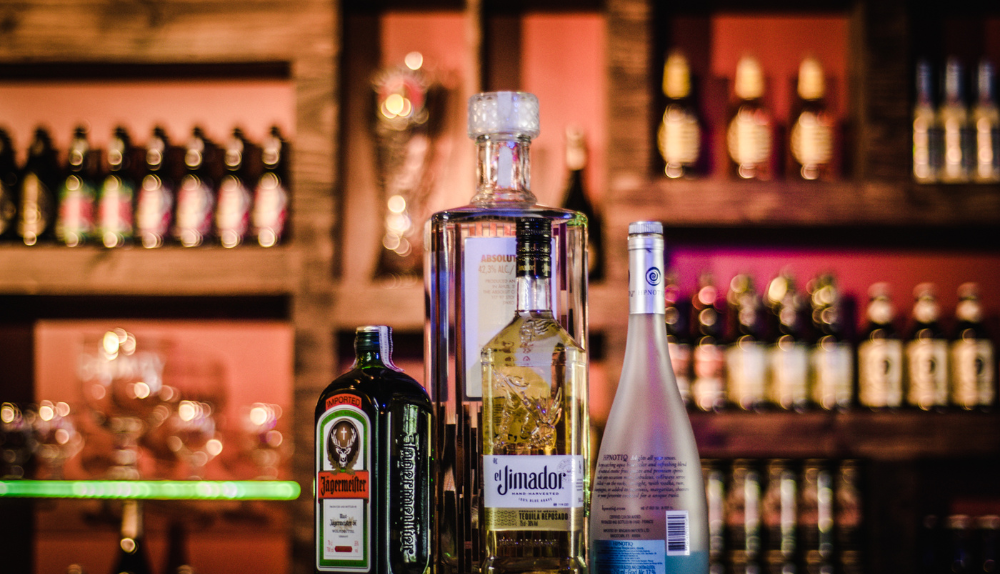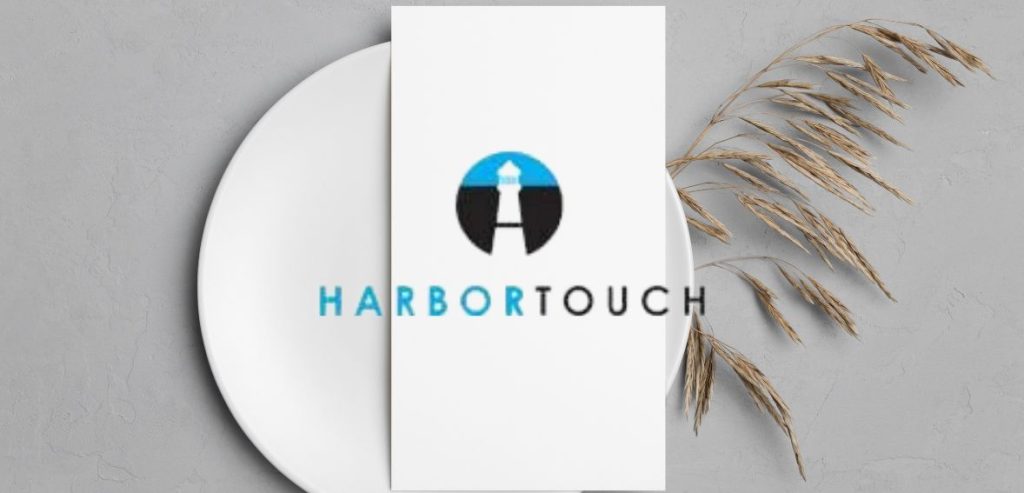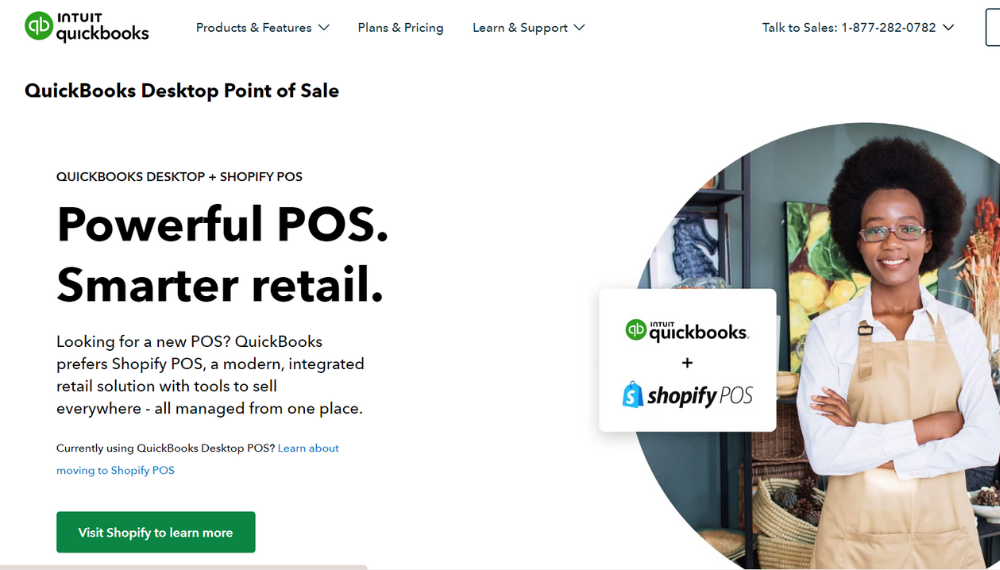You cannot afford to ignore the cost of a liquor license if you intend to enter the Texas market to sell alcoholic beverages. It's a difficult question with a significant impact on the success or failure of your company.
Without proper authorization, you risk paying fines and other penalties and having fewer options for serving alcohol, which is usually required in establishments. Understanding the price and procedure of obtaining a liquor license is essential for success, whether opening a liquor store, bar, or restaurant.
So let's dive right in and learn everything there is to know about getting a liquor license in Texas, beginning with the crucial question, "How much is a liquor license in Texas?"
How Much is a Liquor License in Texas?
Liquor license fees are not uniform and change based on factors like location and type of business.Retail Package Store Permit
For example, the cost of a retail package store permit can range from $300 to $6,630, depending on the population of the city where your store is located.Wine and Beer Retailer's Permit
On the other hand, a wine and beer retailer's permit can cost between $125 and $1,875, depending on the type of permit and the city's population.Permit for Mixed Drinks
You will require a mixed beverage permit to open a bar or restaurant. The price of this kind of permit varies according to the location and size of your establishment.Additional Charges
The processing of the permit application, background checks, and fingerprinting have fees.Price Range for Mixed Beverage Permits
For a small bar or restaurant with 50 or fewer seats, a mixed beverage license can cost between $375 and $750. For businesses that can accommodate 200 or more people, the cost of a permit can range from $3,000 to $6,000.Note on Changes to Fees
Important: Before applying for a liquor license, always check with the TABC for the current fee schedule. These fees are subject to change.Assorted Varieties of Liquor Licenses in Texas (Including Expenses and Charges)
The booze business is booming in Lone Star State. Getting a liquor license is a vital first step toward entering the industry. Aspiring business owners in Texas may feel discouraged by the high price tag and lengthy application process of obtaining a liquor license. In Texas, there are various categories of liquor licenses, each with its fee schedule. The typical cost of obtaining a right to sell alcoholic beverages will be discussed below.License for Packaged Goods Retailers
You need a Retail Package Store Permit to sell alcoholic beverages in Texas. This permit can cost anywhere from $300 to $6,630, depending on the size of the city your store is located in.Wine and Beer Retailer's Permit
If you're planning to sell wine and beer only, a Wine and Beer Retailer's Permit is what you need. This permit costs between $125 and $1,875, depending on the type of permit and the city's population.Mixed Beverage Permit
A Mixed Beverage Permit is required to run a bar or restaurant in Texas. The fee for this license will be different from business to business due to factors such as location and square footage. Prices range from $375 to $750, with the lower end being suitable for a smaller bar or restaurant that seats 50 or fewer diners. The cost is between $3,000 and $6,000 for larger businesses.License to operate as a caterer
Obtaining a Caterer's Permit is necessary if you intend to serve alcoholic beverages at a special event. A two-year request for this permit costs $774. Always double-check with the Texas Alcoholic Beverage Commission (TABC) for the most up-to-date fee schedule before applying for a liquor license, as these costs are subject to change.Obtaining a Liquor License in Texas
Starting a bar, restaurant, or retail package store in Texas is an exciting and challenging endeavor. But getting a liquor license can be a difficult task. The necessary actions for obtaining a liquor license in Texas are as follows:- Choose the appropriate license type for your business.
- Complete an application form with thorough information about your company, including ownership details and personal background.
- Depending on the location and license type of your establishment, pay the required fee.
- Pass a background check examining your monetary, business, and criminal histories.
- Enroll in a TABC training course to learn about the complex Texas liquor laws and rules.





